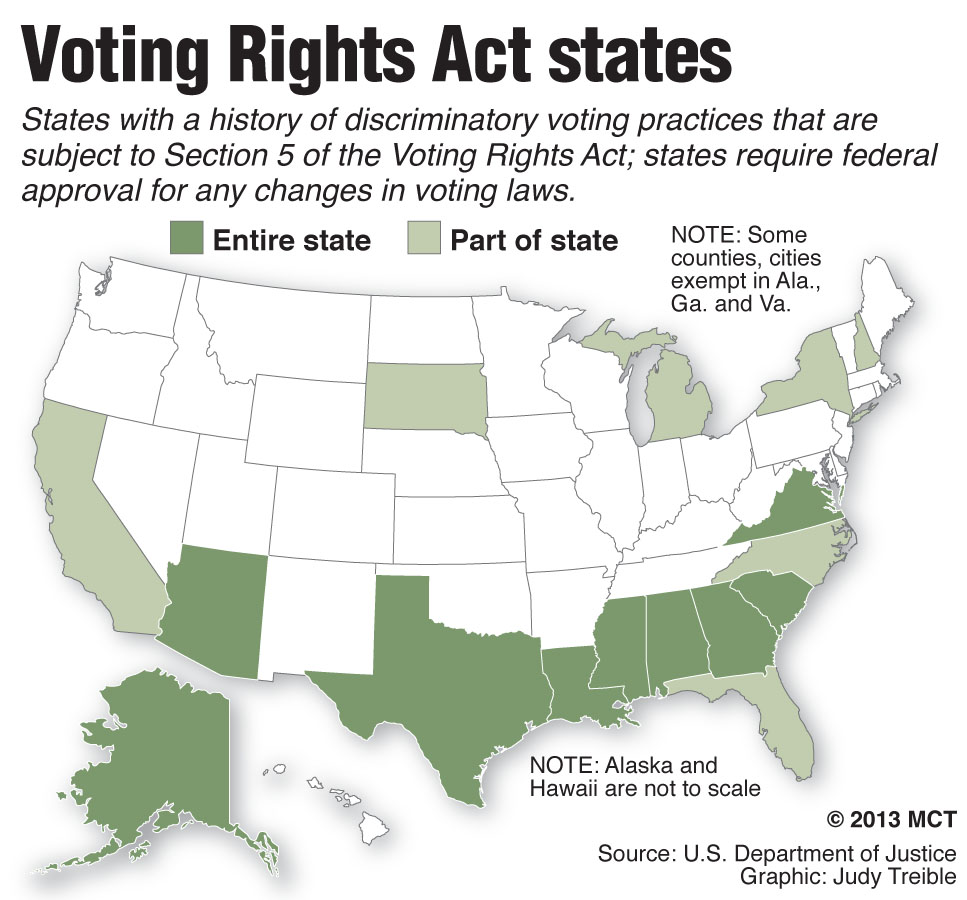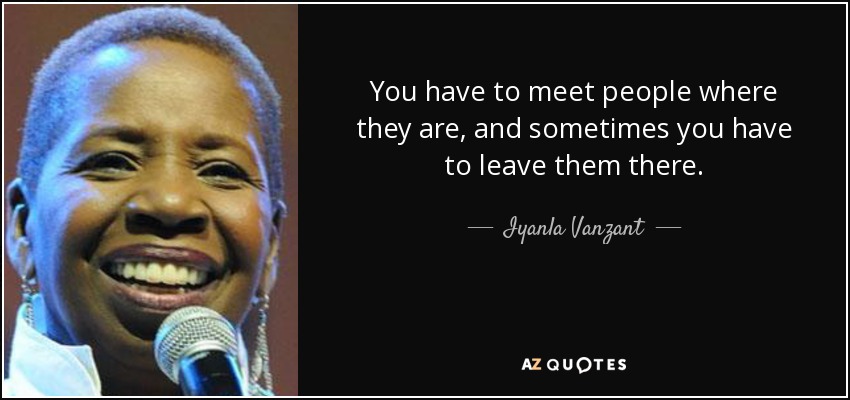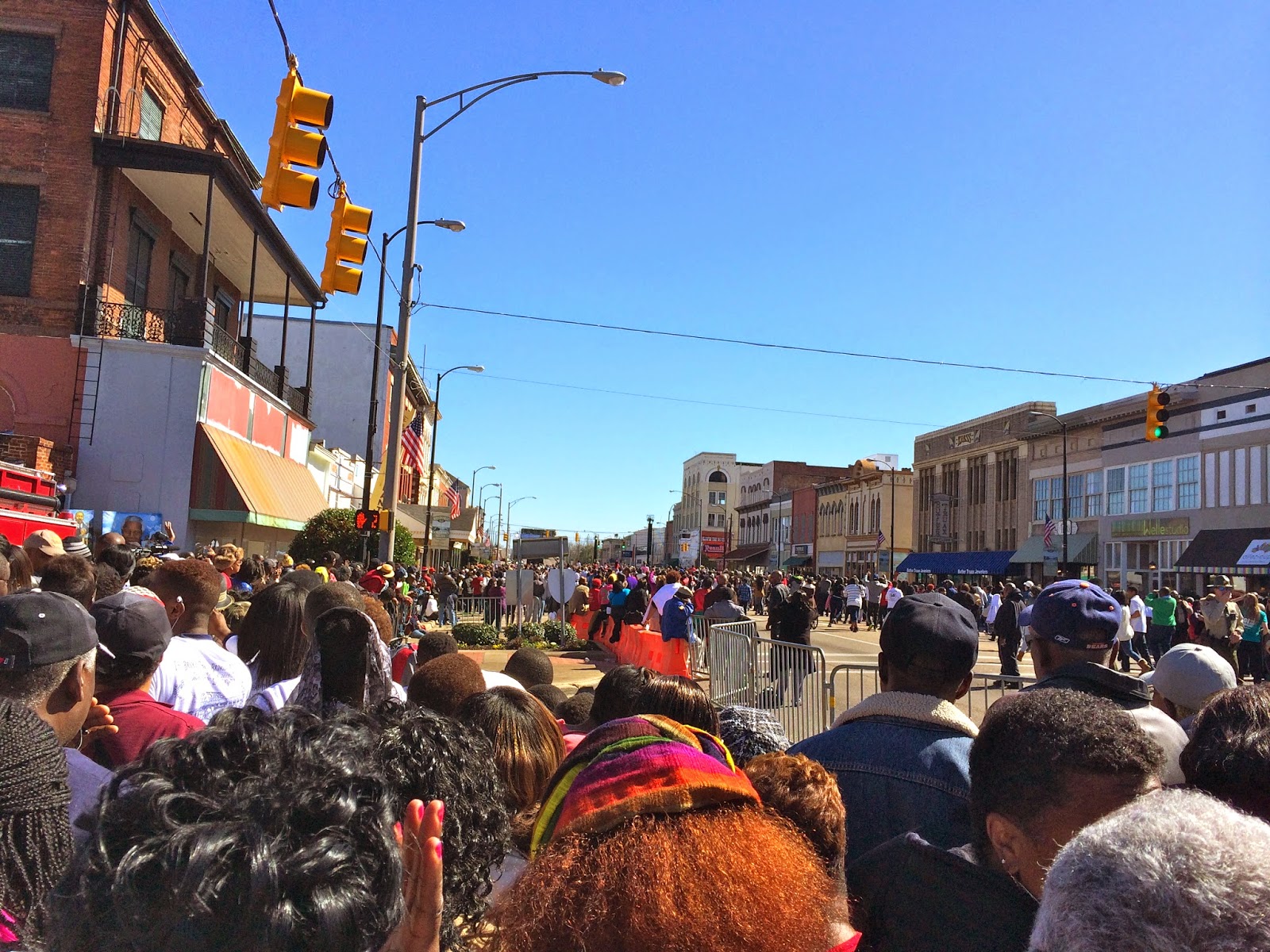I just watched the video on Dear Black People by Nicole Arbour. I'm not posting a link - you can find it pretty easily yourself.
So naturally the response all over my left-wing feed is one of righteous outrage, and understandably so. This broad is taking advantage of every obnoxious thing about the internet and cashing in. Ms. Lutkin summed up the favored view craftily when she wrote: “She's a troll who lives under a troll bridge posting troll videos, and it's making her rich.” Arbour is offending mass quantities of EVERYONE (fat-shaming, racism) and reaping the benefits of notoriety in a country where no publicity is bad publicity. And she’s a perky young blond girl with the kind of looks that deafen teenage boys. So yes, it’s super easy to hate.
Unfortunately, what she did is to some degree what I’m about to do - talk about race - so I had to watch a little more closely. Because as much as I fear the consequences of my words… I need to hear what she has to say about race.
Oh crap, I thought, as I watched this video. If this is a meta-stunt, she might be very very very smart. There were statements in this video that RESONATED with some people, and whoever is editing it has a strong sense of comedic pace. At least in the sense that if the joke didn’t land it moved on too quickly to the next moment to notice… It’s not exactly amateur hour here - this woman has gotten the vlog down to a practical science.
And then I watched her interview on The View, (she was defending another offensive video) and I relaxed. Nope, she really IS just a jerk who is cashing in on Trump-level bullying tactics. Phew. I mean for God’s sake, she keeps using the word “satire” incorrectly, and her one potentially justifiable defense (“men can joke like this, so why can’t I?”) is sadly only backed up by repetition of same defense. Elaborate, Nicole, and you might have tapped into something. Recognizing her lack of self-awareness (or inability to be verbally concise without an editor), I breathed a deep sigh of relief.
But why am I relieved? Because on the one hand, her video about race (not the one about obesity, I can't even begin to approach that chaos) creates a conversation. In my book, we DO need to talk about race. ALL OF US. We need to speak out candidly so that we can get past the fears and start the healing. We need to bravely step into a minefield of unknown perspectives in order to feel empowered to rise up against a system we ourselves created and participate in.
So where is the difference?? That’s what I needed to put words to: how is what she’s doing DIFFERENT from what I’m doing? Because here’s what I DON’T agree with: A blogger’s response triumphantly linking Elon James White’s quote: “You could just say NOTHING.” Now I’m probably taking issue with this statement because it’s most likely taken out of context by said white blogger who angrily railed against Arbour, spewing facts that Arbour clearly doesn’t care about. But White (from the posts I scanned) doesn’t think women, or anyone should be silenced en masse, and this blogger was missing the point. EVEN NICOLE ARBOUR NEEDS TO SPEAK UP. We need everyone to start talking. Because YES, some of it is going to be incomprehensible trash. But like Orlando Jones said (joked) about the confederate flag: “This way, we know where all the a**holes are!”
Right now we’re simmering in sweet Southern passive aggressive politeness. See no evil, Hear No Evil, Speak no evil. Don’t speak unless spoken to. If you don’t have anything nice to say, don’t say anything at all.
All these misunderstood aphorisms - this is where I’m coming from. Nobody talked about racism with me, when I was growing up. There were certain things you didn’t say, that you just didn’t bring up in polite society. And voila: Ignorance.
And in another world, these well-meaning writers seem to be saying - unless you have a certain level of understanding, education, (PERSPECTIVE) then you need to keep your mouth shut and LISTEN.
That’s the key, isn’t it? We all need to do less talking and more listening. And more DOING.
But then what the heck am I talking about? Here is my dilemma: on the one hand, I believe that a “CONVERSATION” needs to be had. On the other hand, I agree that our community would be better served by less talking and more action. And since I can only be responsible for me, the question becomes: WHERE ON THIS SPECTRUM DO I BELONG?
I’m afraid the truth is probably further down the road toward shut up and dance. I’m afraid of this because I have recently signed up to do the opposite: I’ve agreed to WRITE a one-woman show about racism and my journey towards activism. I’ve agreed to TALK about it. When I could be going to any number of organizations and volunteering. Yeah, I only have so much time, people! So if I’m going to talk about this stuff, I’d better get my white ducks in a row, and make sure I don’t end up in the same stew with Nicole Arbour.
So, for the sake of practicing my favorite art form: The Benefit of the Doubt, I’m going to watch this obscene video one more time and try to squeeze out the few drops of honesty that might be hidden within… Had she actually attempted to have a real conversation, instead of a One White Woman Show in a Bouncy Castle, what she might have been trying to say:
“Dear Black People” - One blogger claimed that there is NO WAY Arbour actually saw last year’s Dear White People - an independent film about modern day racial divides - so it’s just a coincidence that she has “appropriated” this clever title into what is clearly a throbbing target of offensiveness tacked on to the front of her shame parade. Except that it achieves exactly what it’s supposed to: attention. Genius? Well...Maybe. But the more interesting question it evokes is: WHY is this inappropriate? The title Dear White People isn’t just a title, it’s the radio show conducted by a character in the film who comes to discover [spoiler alert] that her "angry black woman" radio persona doesn’t do justice to her more culturally mixed life experience. It’s a great movie, by the way, but I myself had to watch it with a glass of white guilt nearby to wash down the taste of privilege gone sour. Yep, that was my crappy metaphor for ‘taking my white medicine.’ It tastes bitter, but its supposed to fix what’s broken… I’m saying it’s not easy to hear how wrong white people are. That doesn’t mean it shouldn’t happen. Although I do find it hard to believe Arbour thought her title through quite so deeply. And that would be me making a dumb blonde stereotype.
“Can we just get on this whole appropriation of black culture thing?” - OK, let’s talk about the concept of Appropriation. Is it wrong for me to like rap music? What does this phrase really mean and where is the line? Let’s talk about this phrase because it makes me ashamed to enjoy certain things, as if I need to be doing it in secret. In some way it seems to create more of a divide in a time when equality is our goal. To what end is this phrase useful to me as a form of awareness, and at what point can we ease up on the separation?
“Cause even when I do the exact same job as a man, I get paid less money. But I don’t know anything about inequality." (italics = spoken sarcastically) - Nicole believes that her experience of misogyny is an equivalent experience of inequality to that of racism. I hate to tell you folks, but there are a lot of people out there who don’t experience inequality of race… (BECAUSE THEY ARE WHITE)… and therefore don’t understand what it really does mean. Yep, she’s definitely not getting it, but she also does experience a form of inequality. What she doesn’t get is that it’s not the same. By a significant margin. Neither did my mom until we talked it out. Seriously. Ever heard a person use the term "Reverse Racism"? Arbour is not alone in this type of thinking. However, ignorance-shaming results in people getting angrier and defending their ignorance, instead of approaching the conversation with the deep awareness that we are ALL good people on the inside, and given the opportunity, we can come to a better understanding of each other. Before we (the enlightened) react with shock and disgust at her ignorance, let’s give each other the BENEFIT OF THE DOUBT.
“You guys are appropriating your own culture!” - Phew. Yeah this part got a little tough to parse out. I… THINK… she’s trying to say that we all… yeah I don’t know what she’s trying to say… it’s something about the perceived hypocrisy of the attempt to represent a level of black culture that one does not actually represent…and that being unfair?? I have a feeling this is where she REALLY lost people. Also, she’s talking about stereotypes here, too: the idea that a stereotype comes from some element of truth, and that (shock face) one prefers the positive over the negative. She suggests that one can’t retain one without the other, but that is just fallible logic. It won’t take much to shake her of this erroneous belief… I hope.
“[The Klan is] proof that white people invented the hoodie” - OK, now we just need to school her in the art of dark (not race) comedy. TOO SOON. It’s like the whole Daniel Tosh rape controversy… There IS a way to be funny about controversial topics, but you better be real good at comedy… This is just a bad joke.
“Why don’t we all just enjoy whatever the f**k we want from every culture?” - We do. It’s called cruise ships. We can, however, talk about the difference between enjoying and exploiting.
“Let’s talk about slavery. It was really f**ked up. But the thing is? I wasn’t there! I am f**king sick of hearing that I don’t know the struggle. Cause you’re right, I don’t. I’d really like you to explain it to me so that I can HELP.” - Wait. WHAT? Where did this come from? I was about to rail on this chick and then she said what I wish she’d say: “I’m ignorant and I want to be educated.” I guess all that’s missing here is me believing her. And there went the benefit of MY doubt. Because when you leap from bubbly rants to genuine concern, it's a little tough for me to catch up. So let’s address the first half: guess what? This isn’t the first time the slavery mea culpa has been brought up. There are a lot of people who secretly feel like they are being unfairly held responsible for slavery. It’s a misunderstanding of the need for Affirmative Action, etc. How can we address this misunderstanding? 16 (mostly) Southern States and districts feel that in the 21st century they are unfairly targeted by the Voting Rights Act. This debate exists on many levels. So yes, Nicole, let's talk about it.
And then… “I’m making jokes because that’s what I do in awkward situations. But I find what I see happening to the black population disgusting.” … Um. OK. Well, even Arbour sees there’s imbalance. That was something I did not anticipate. Because we are now on the same page and I would not have seen that coming. She goes onto describe minimum wage and the American Jail system as modern forms of Slavery. Which is exactly what this article in the Washington Post says. Oh wow, I would not have expected this girl to be reading the Post. PS, neither did I. I just happened to Google "modern day slavery and minimum wage" and that’s what I found. I might go back and read the article later. To cover my hypocritical butt.
“Bill Nye the Science Guy says that we are all actually from the same race. I think it’s about damn time we started acting like it.” - So that’s her point. Nicole Arbour wants equality. So do I. So what’s the problem? No really, what is the problem with her way of phrasing such questions, and how can we address it? Instead of getting so mad and telling people to shut up?? - Even this poorly choreographed stump speech from a person that nobody can convince me is underserved in any way. Yeah, she has very little tact and even less depth, but we need to meet people where they are and then lift them up. How’s that for a non-violent approach?
Unless of course you just hate what she stands for… The Rich Blond Troll. In that case, let’s get to hating! Or... you go. I'll be over here reading that Washington Post article...





























